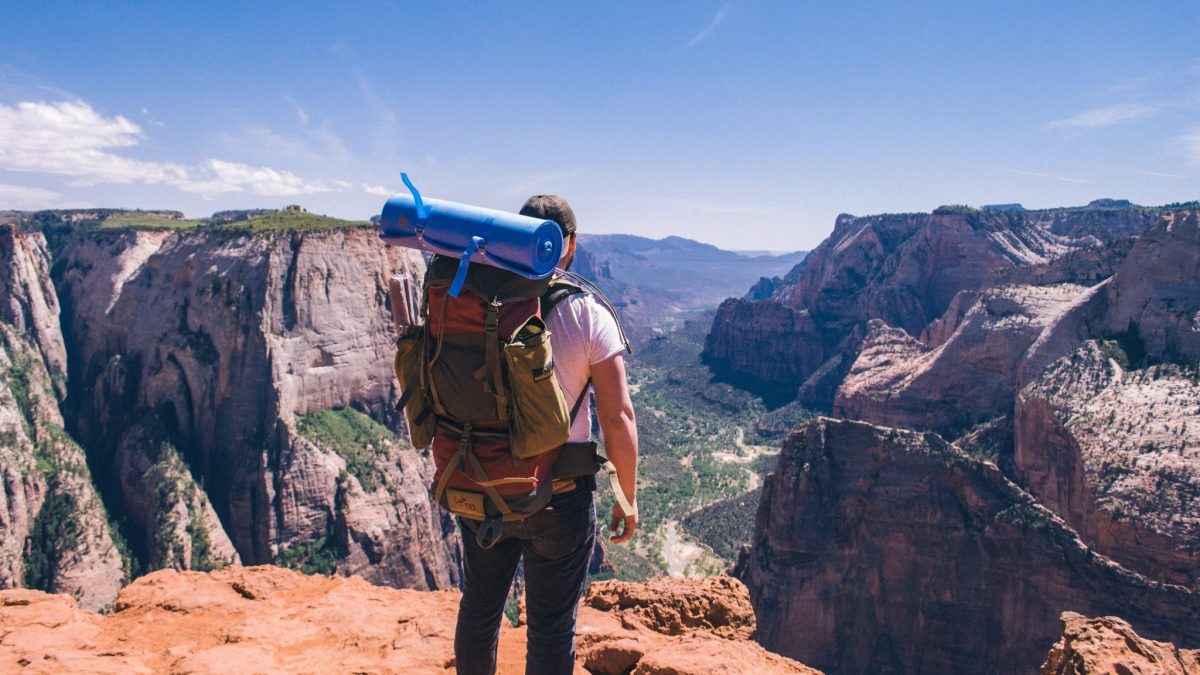Skift Take
Limited booking windows for American national parks made sense amid the surging number of domestic visitors. With the resumption of international travel, the customer base has now changed. U.S. national parks may have to rethink their new reservation systems moving forward.
As the U.S. opens up to international travel, overseas tourists will return, but they won’t be coming to the U.S. national parks if restrictive booking windows continue to introduce uncertainty into trip planning.
That’s because those 30 to 60-day booking windows for those reservations don’t fit into the longer booking patterns that many global visitors lock in when planning trips. Some tour operators, too, are liable if activities don’t go as planned, over uncertainty.
During the Covid lockdowns, domestic tourists escaped to the national parks to get fresh air, a trend Skift highlighted for 2022 as a megatrend. In 2021, there were 297 million recreation visits at national parks, up 25 percent from 2020, according to the National Park Service. More than half of that demand was concentrated among 25 out of 423 parks.
To mitigate the impacts of overtourism, parks experimented with innovative solutions to control and manage visitor traffic. As Covid passed, parks continued to experiment. In April, Zion National Park, which saw a record 5 million visitors last year, implemented a pilot permit program for its popular Angel Landing hiking trails to reduce overcrowding and congestion.
To manage the surging domestic foot traffic, national parks also implemented restrictive booking windows, often between 30 and 60 days, according to U.S. Travel Association. “We understood the reservation system that during the pandemic where you had mostly domestic travelers and a need to social distance,” said Tori Emerson Barnes, the associations’s executive vice president of public affairs and policy. ”We also had a significant influx due to the outdoor nature of the parks during the pandemic.”
Restrictive windows may not make much sense for the global tourist, who has a different booking behavior from their domestic counterpart. “International travelers have different booking patterns and windows,” said Peter van Berkel, president of Travalco, a tour operator. “International travel to the U.S. can be booked 16 to 18 months in advance. Many of these travelers want to secure their trips at least seven to eight months in advance. Sometimes, depending on the time of the year, they want 12 months.”
The uncertainty of whether a booking is available deters tour operators and travel agencies from offering trips to U.S. national parks. Under European consumer protection laws, if tour operators offer a program that includes a known certainty, they have to compensate the client if the trip doesn’t go as planned, according to van Berkel. “Not many companies want to go into completely unknown situations where their clients might be able to be accommodated.”
On July 12, USTA sent a letter signed by 388 travel organizations to the U.S. Department of Interior Secretary and National Park Service Director calling for national park visitor reservation systems to allow 10 to 12 month booking windows.
The letter said: “Reservation systems with short booking windows and inconsistent procedures are not
workable for international travelers and international tour operators, many of whom plan for their travel a full year in advance. As we emerge from the pandemic and inbound travel resumes, it is imperative that reservations be allowed 10 to 12 months in advance.”
UPDATED: This story has been updated to include USTA’s recent letter to the U.S. Department of Interior and National Park Service.
The Daily Newsletter
Our daily coverage of the global travel industry. Written by editors and analysts from across Skift’s brands.
Have a confidential tip for Skift? Get in touch
Tags: coronavirus recovery, national parks, sustainability, tour operators, tourism
Photo credit: Zion National Park Presley Roozenburg / https://unsplash.com/photos/DjJxfuZuzYY

